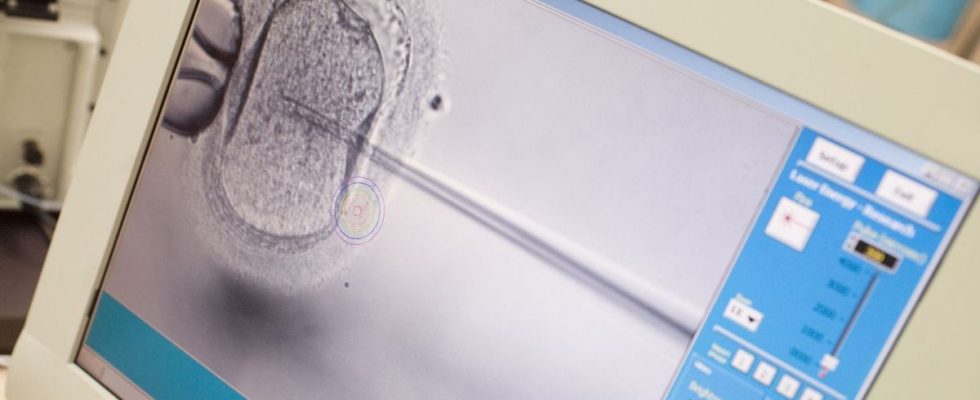Published on
Updated
Reading 2 min.
Are children born under assisted reproduction at greater risk of developing health problems? A French team provides reassuring results: no greater risk of cancer, all types combined, but a possible very slight increase in the risk of leukemia.
The AMP concerns one in 30 births in France
Medically assisted procreation (AMP) promotes the conception of a child among couples facing difficulties or the impossibility of procreating naturally. The most frequently used techniques are artificial insemination, and in-vitro fertilization (IVF), classic or by intra-cytoplasmic sperm injection (ICSI) with fresh or frozen embryo transfer.
Medically assisted procreation concerns nearly one in 30 births in France. Until now, several studies, often contradictory, have suggested increases in the risk of certain health disorders, notably cancers, among children conceived by ART. The evaluation of this risk therefore constitutes a real research objective. Today, a vast French study allows us to take stock.
No increase in cancer risk
Scientists from Inserm and EPI-PHARE, together with AMP specialists, assessed this cancer risk in one of the largest global cohorts of children born after AMP. They used data from the National Health Data System (SNDS) to identify children conceived by ART (artificial insemination, classic in vitro fertilization-IVF or with microinjection-ICSI) and detect the occurrence of cancer in them. children conceived with and without AMP.
In total, the study focused on the 8,526,306 children born in France between 2010 and 2021, of whom 260,236 (3%) were conceived by AMP, and followed them up to a median age of 6.7 years. .
During this follow-up, 9,256 children including 292 children conceived by AMP developed cancer. The risk of cancer, all types combined, was not higher in children conceived after ART than in children conceived naturally.
A slight increase in the risk of leukemia cannot be ruled out
However, a slight increase in the risk of leukemia has been observed in children conceived by IVF or ICSI. This increase is very small, of the order of one additional case per 5,000 newborns conceived by IVF or ICSI who have reached the age of 10. It requires confirmation.
NO to diets, YES to WW!
Reassuring results, follow-up to be continued
The absence of an overall increase in cancer risk is reassuring. Epidemiological monitoring will nevertheless be necessary to ensure that this long-term risk is not higher. Furthermore, the authors believe that it is otherwise “necessary to continue research efforts to understand which mechanisms linked to ART techniques or fertility disorders in parents could induce the increase in the risk of leukemia, if this is confirmed“.
